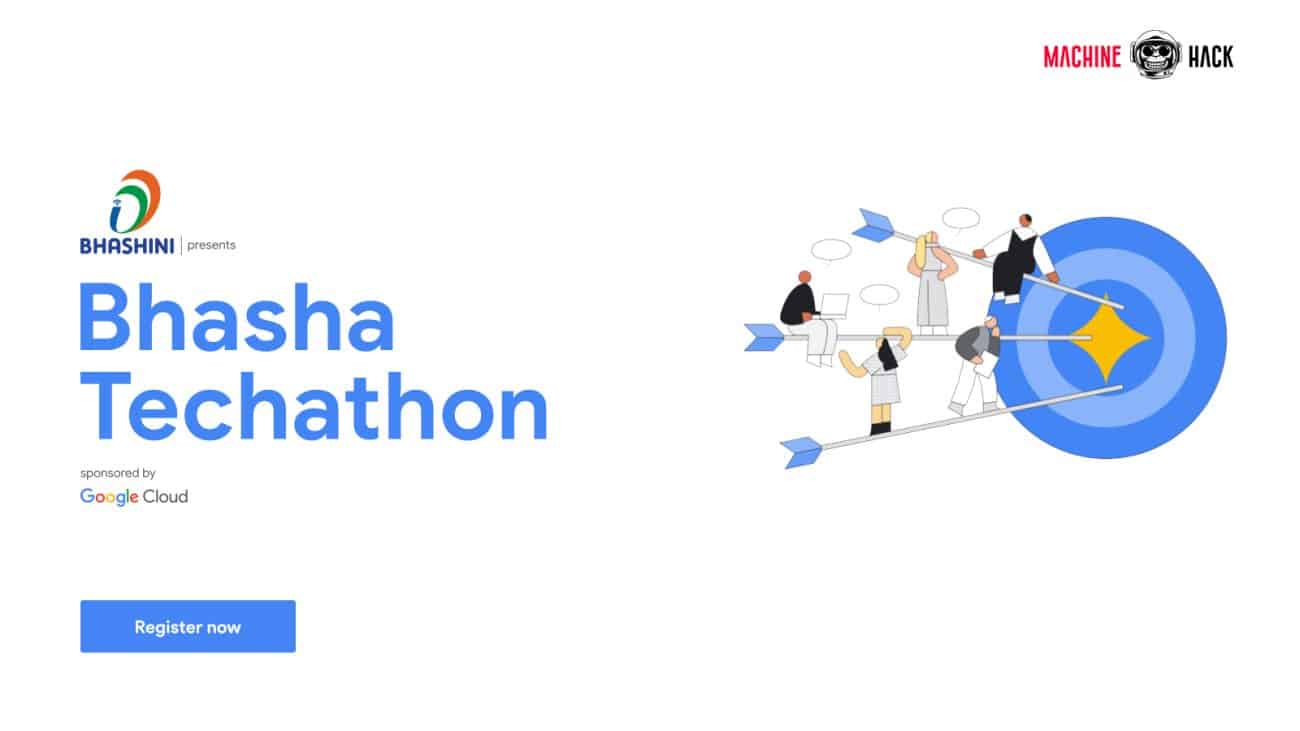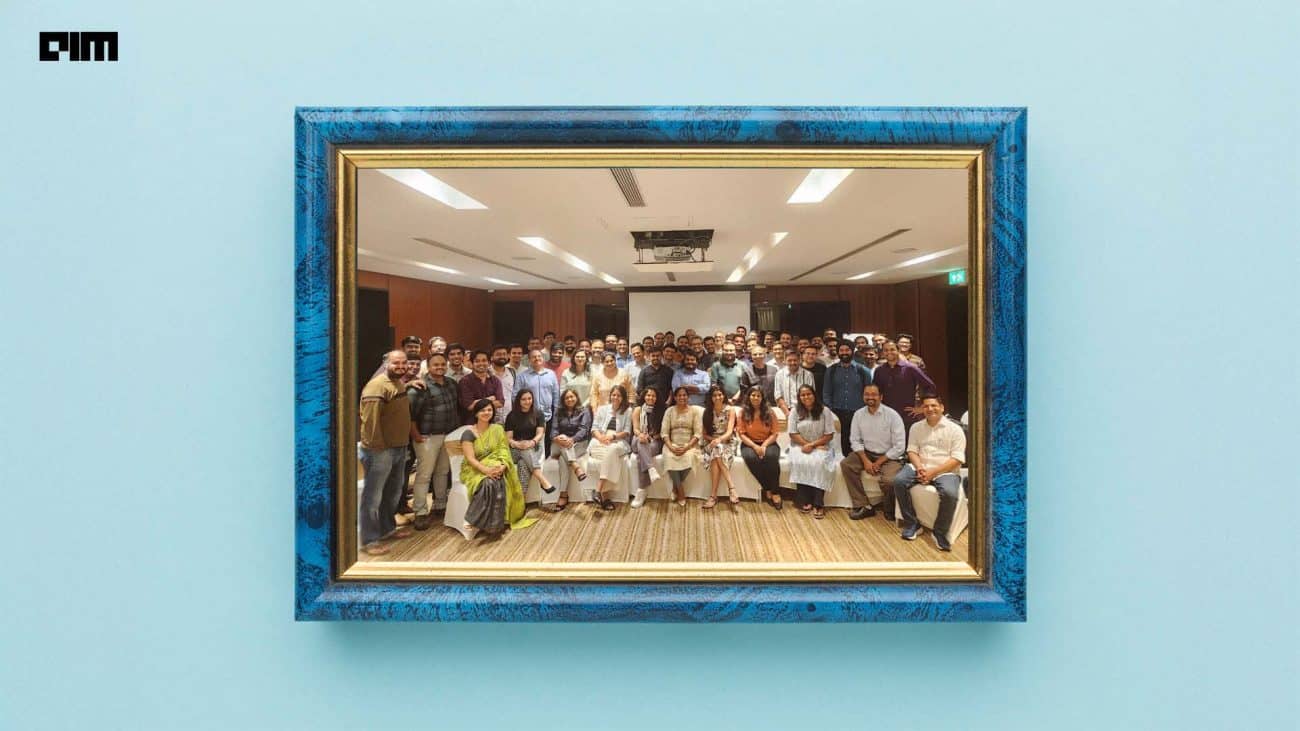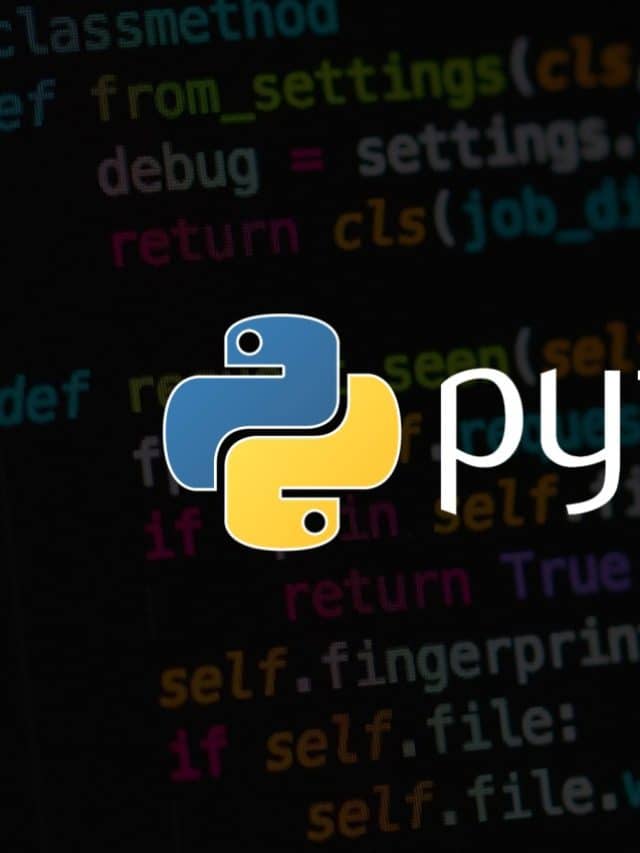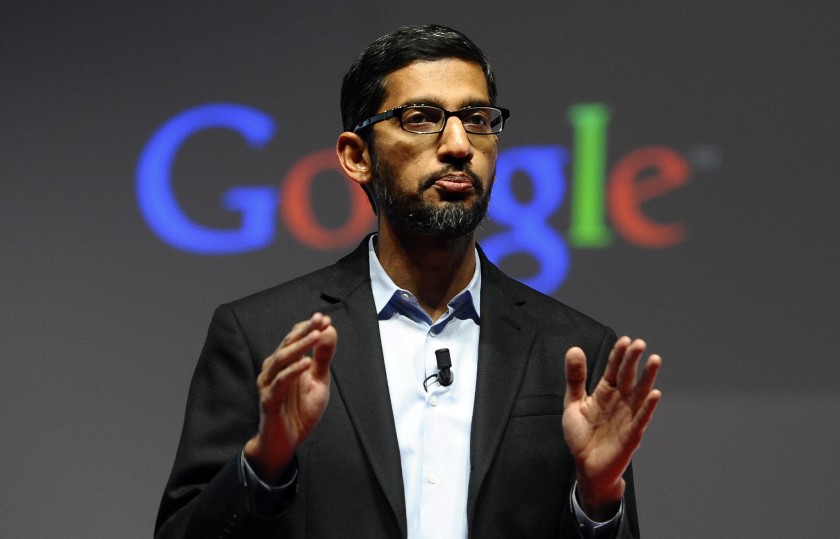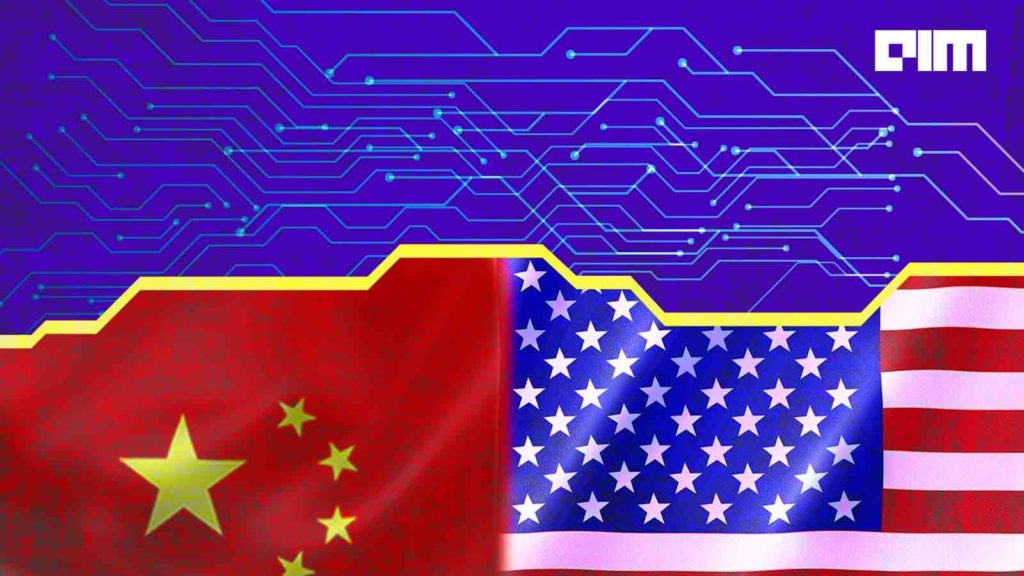|
Listen to this story
|
The telecommunications industry has been at the forefront of witnessing the widespread adoption of new and cutting-edge technologies. From the initial implementation of 3G to the current advancements towards 5G and the successful IoT era, the industry has evolved into a more reliable and motivated sector.
This growth trajectory is expected to continue, largely driven by the rapid integration of artificial intelligence (AI) in telecommunications networks and services, enabling efficient support for both networks and customers on a larger scale.
According to Valuates, a leading market research firm, the global AI in the telecommunications market is projected to expand significantly, reaching a size of $14.99 billion by 2027. This represents a substantial increase from $11.89 billion in 2020, with a compound annual growth rate (CAGR) of 42.6% expected during the period from 2021 to 2027.
Verizon Communications Inc (Verizon) is one such company, known to provide communications, technology, information and entertainment products and services.
To know what it is doing in the field of generative AI and how automation is helping the company to grow, we got in touch with Muthusriram Rengasamy, associate director-system architecture, Verizon India.
Verizon and Generative AI
Verizon is also strategically leveraging generative AI to gain a competitive advantage in the industry. Rengasamy highlights how generative AI has prompted a paradigm shift in artificial intelligence, driving large enterprises to transition from a feature-centric or model-centric approach to a data-centric one. This shift has paved the way for notable applications in sales and marketing, including lead scoring, personalisation, and recommendations, all aimed at boosting sales performance. Furthermore, generative AI plays a crucial role in enhancing IT productivity by facilitating code migrations and generating test cases.
However, Rengasamy also acknowledges the potential risks associated with generative AI. The use of unsupervised models trained on existing data can inadvertently lead to copyright infringement, deep fakes, and misleading content. To mitigate these risks, Verizon places a strong emphasis on governance and caution, ensuring that customer data, source code, and proprietary information are not provided to AI models.
Looking ahead, Rengasamy envisions a future where generative AI and immersive technologies converge, resulting in dynamic on-the-fly experiences for customers. This includes personalized virtual product demonstrations and highly customized training simulations, made possible through the powerful combination of generative AI and technologies like virtual and augmented reality.
Additionally, Rengasamy highlights the evolution of smart chatbots, enabled by advancements in large language models (LLMs) and natural language generation (NLG). These chatbots will go beyond text-based interactions, gaining the ability to generate videos and images, augmenting the context of conversations.
Cloud Migration Journey
When asked about Verizon’s journey to cloud migration, Rengasamy explained that Verizon embarked on a transformational journey to migrate suitable applications to the cloud. “We looked at multiple facets like developer experience, cost, security, time to market and scalability as part of our cloud migration journey,” he said.
Rengasamy explained that the company broke down application complexities and developed tailored methodologies that leverage best practices across all delivery organizations. By templatizing common patterns, Verizon ensures efficient and reusable application migrations.
However, Verizon’s innovative approach extends beyond cloud migration. The company has adopted an API-centric approach that caters to the needs of its enterprise and wholesale customers. This shift towards an API-first architecture allows Verizon to leverage the reusability of various projects, enabling seamless integration with their systems.
Embracing the TM Forum OpenAPI standard, Verizon has built APIs that align with industry-wide practices. Their commitment to excellence in this realm is evident through their recent achievement of platinum status in the TM Forum open API certification, a feat unmatched by any other US telecom company.
Verizon’s API journey focuses on enabling standardized Telecom Domain APIs, facilitating the digital representation of customer data, and providing customers with a cooperative management environment. By eliminating the need for additional logins or conformity to specific tools and processes, Verizon aims to streamline transactions and enhance user experience.
Cybersecurity
When it comes to cybersecurity, Verizon holds steadfast to its core values of aligning with the pace of business, fostering trust, encouraging innovation, and instilling a culture of cybersecurity throughout the organization. Rengasamy emphasizes the company’s dedication to implementing robust security measures from the outset, safeguarding various types of customer data. This commitment is evident in their comprehensive framework, which encompasses a security-first mindset across three critical aspects: People, Process, and Systems.
Notably, Rengasamy mentions that security is deeply ingrained in Verizon’s software development life cycle (SDLC) through the adoption of secure development and DevOps practices.
Automation in Telecommunications
Beyond the realm of AI, Verizon recognizes the immense potential of automation in network operations. With network traffic growing by at least 40% each year, the need for real-time issue resolution is paramount. By combining AI-driven automation, Verizon can proactively identify potential issues and take corrective actions before they impact customers, ensuring optimal network performance.
Moreover, automation serves as a pragmatic solution to achieve interoperability between systems. As mergers, consolidations, and acquisitions continue to reshape the industry, the number of interfaces between systems grows exponentially. Automation provides an efficient and practical approach to enable seamless data flow across diverse systems without the need for extensive redevelopment.
Additionally, automation plays a crucial role in compliance efforts. Regulatory authorities, such as the FCC, impose regular audits and compliance activities on companies like Verizon. These processes often require significant manual effort and time, with missed deadlines carrying substantial consequences. Automation streamlines compliance and auditory needs, coordinating tasks on a larger scale while ensuring timely completion without any slippages.



















